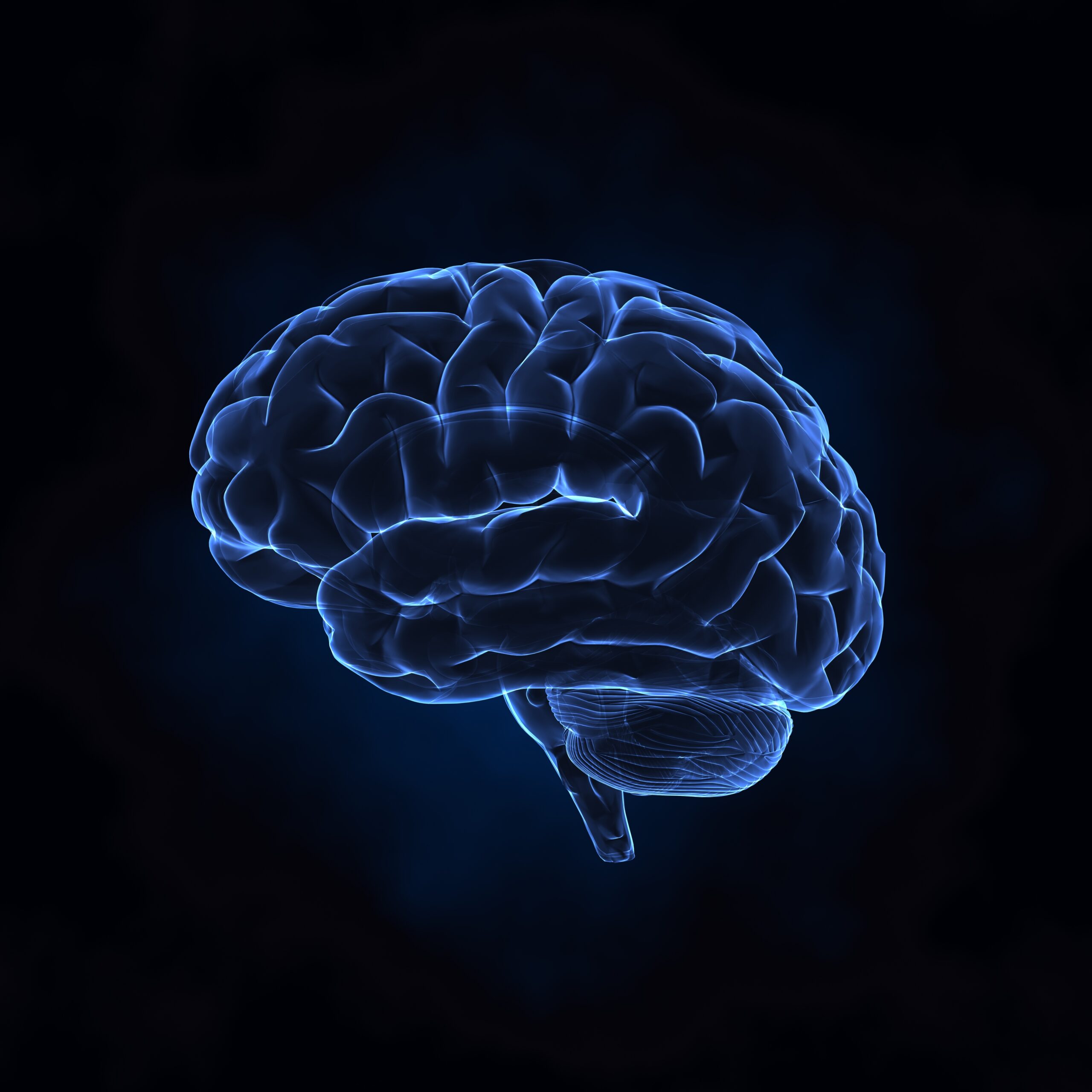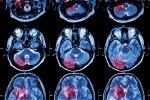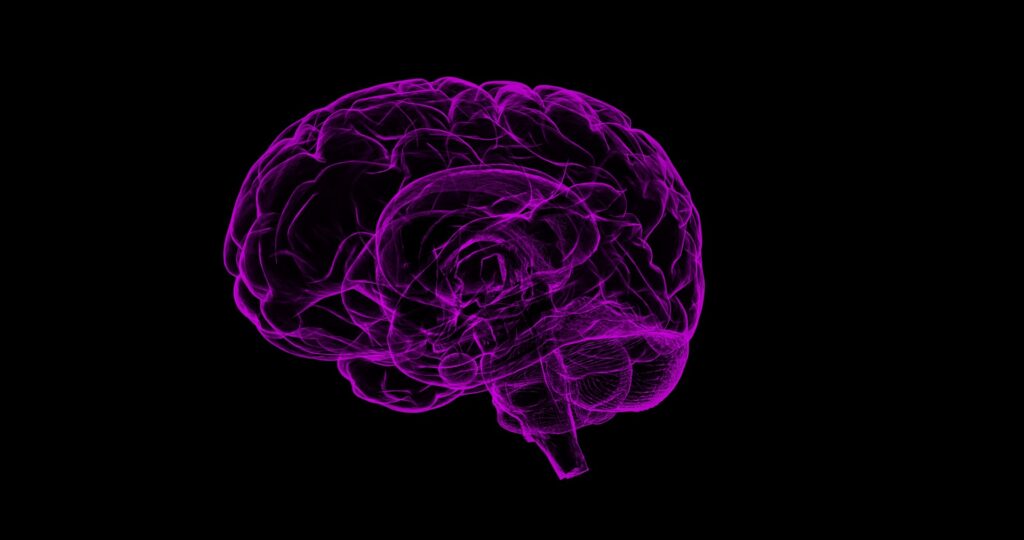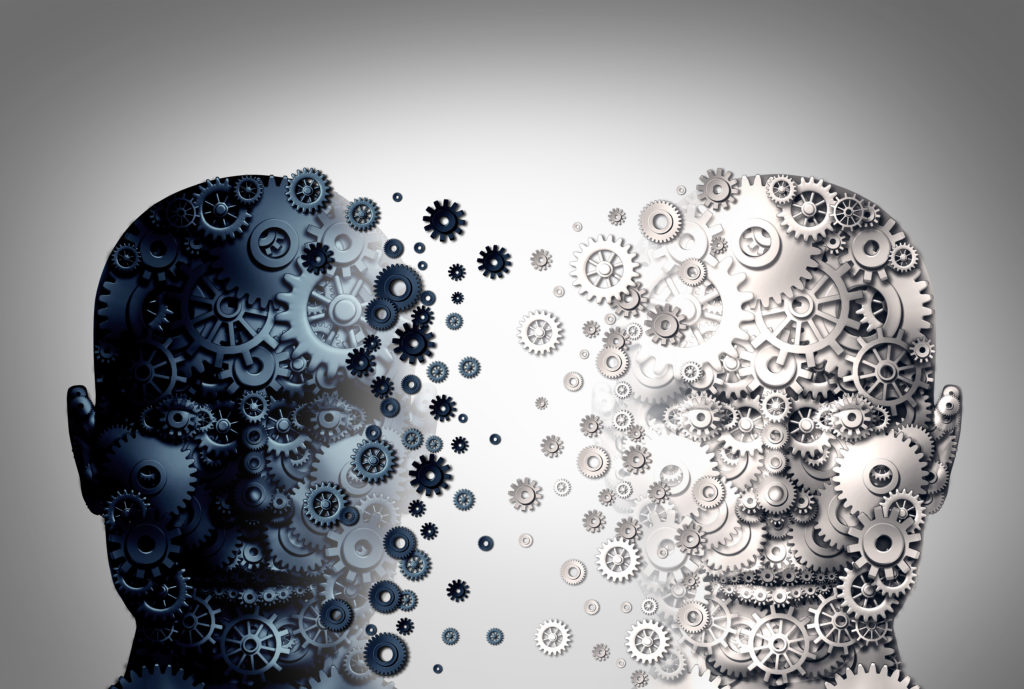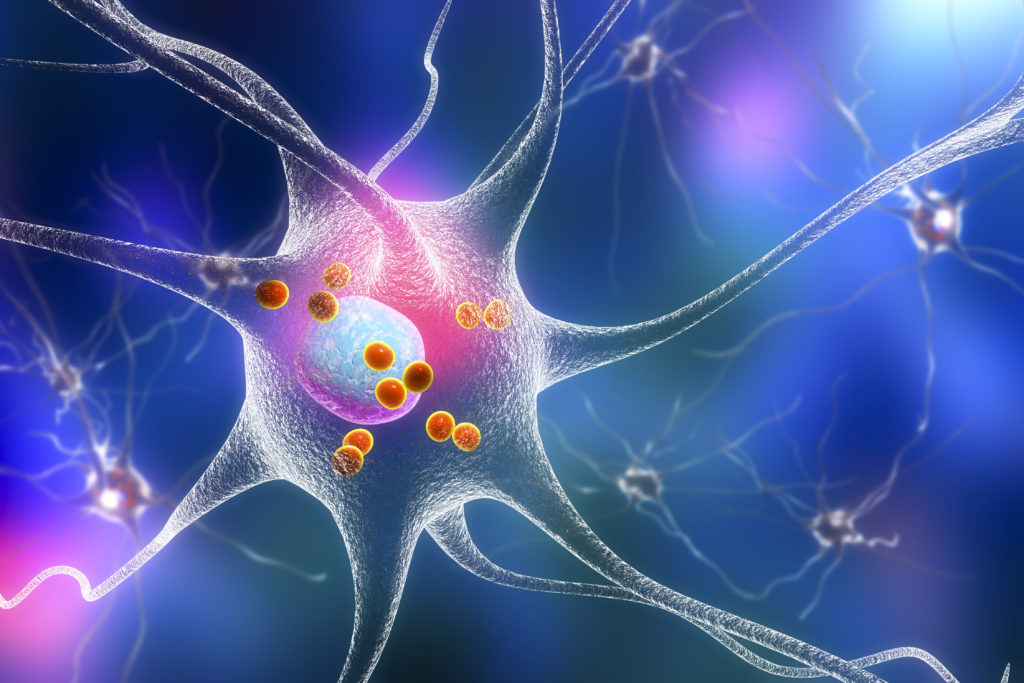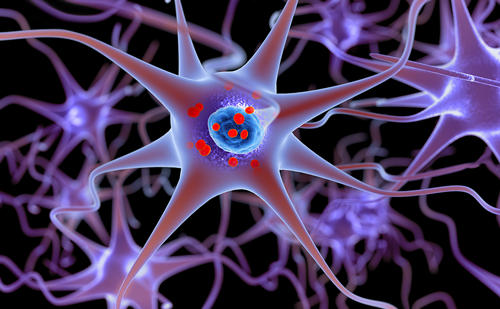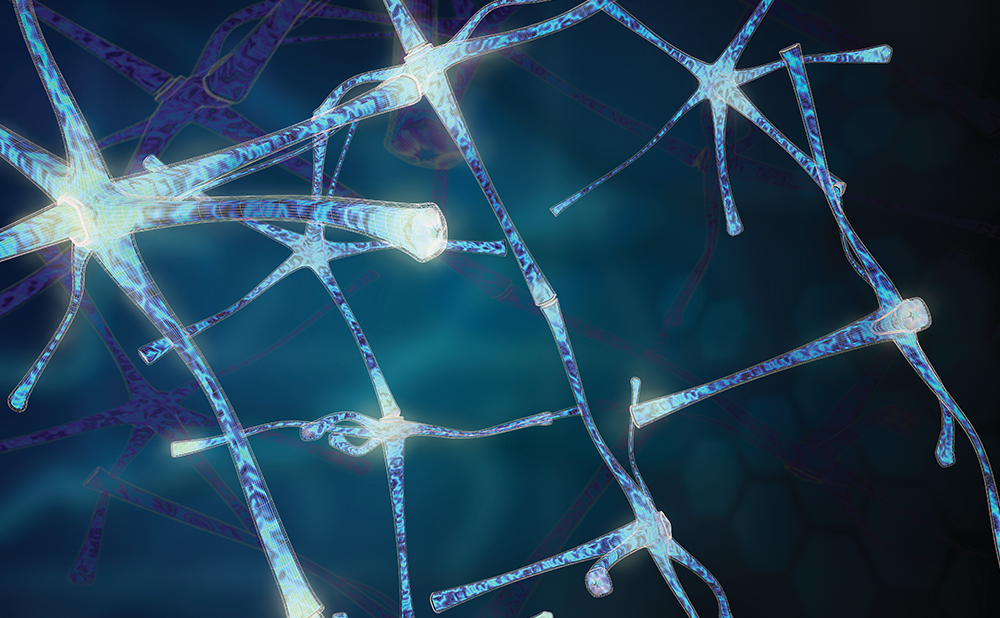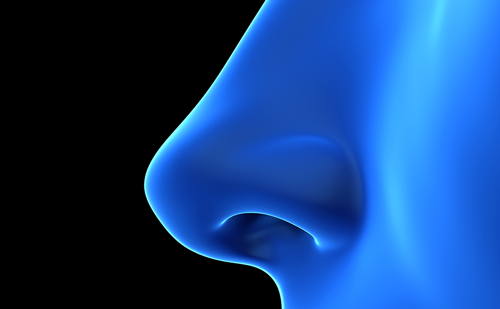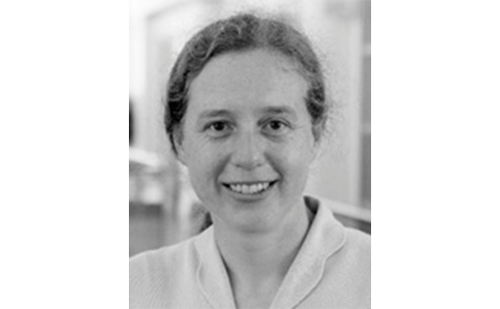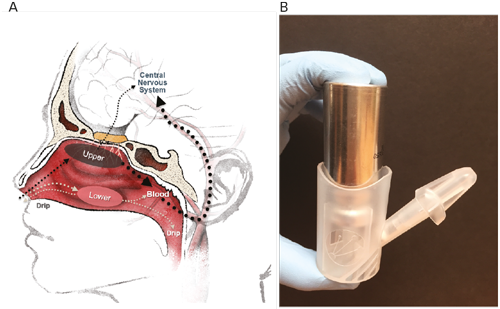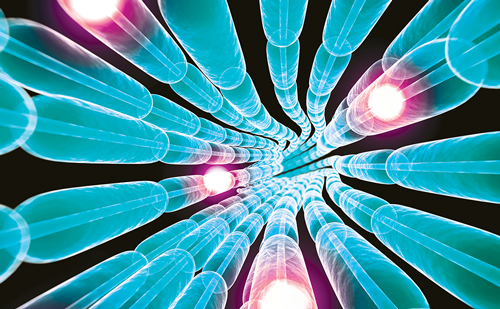When I started in medicine, neurologists were known as academics in the most pejorative way. Many said our approach to patients was ‘diagnose and adios.’ In many parts of the world, due to a shortgage of neurologists, this is, sadly, still the rule. Fortunately, neurology has changed in the US. Medication and surgical procedures for epilepsy, pain disorders, dystonia, and Parkinson’s disease (PD) have changed the landscape for our patients. Genetics is revolutionizing our approach to disease. For example, invasive neurology, interventionists, and deep brain stimulation were unknown during my training. I still remember seeing my first computed tomography (CT) scan: it was as if a veil had been lifted from the brain and we could visualize living tissue.
Has neurology changed for the better? Are we becoming technicians, just ordering studies? No—the best doctors are the best placebos. In clinical trials, the highest placebo rates occur with the highest expectations. We are trying to combine science with expectations and we are learning to treat our patients as people with hopes and desires. The need to schedule an everincreasing number of patient visits per day interferes with direct patient interaction and observation. We often spend more time documenting what we do than doing it. However, every time we restore a patient’s quality of life, see something for the first time, or find a new treatment, our efforts become meaningful.
This issue of US Neurological Disease includes a number of reviews of new or improved approaches to treatment. It reviews movement disorders of sleep, sleep-disordered breathing, the epidemiology and mechanism of restless legs syndrome (RLS), treatment options for convulsive and non-convulsive status epilepticus, behavioral and neurophysiological characteristics of Lewy body dementia, antiplatelet treatment in secondary prevention of non-cardioembolic ischemic stroke, effects of exercise in persons with multiple sclerosis, and the ketogenic diet in the treatment of intractable epilepsy. In my field of headache, one of the most common problems is medication-overuse headache and its treatment. Headache is often complicated by affective disorders, and this issue reviews the bipolar spectrum in migraine, cluster, and chronic tension-type headache, and maintenance treatment in bipolar disorder. Migraine has many comorbidities. One is RLS, which is one of the many causes of sleep disorders. This issue discusses the epidemiology and mechanism of RLS and its relationship to attention-deficit hyperactivity disorder (ADHD).
This issue of US Neurological Disease also discusses advanced, cutting-edge treatments, including allogeneic bone marrow transplantation in multiple sclerosis, the development of neuroprotective therapies in dementia, the role of gamma knife surgery in the management of gliomas, the effect of deep brain stimulation on cognitive function, mood, and behavior in PD, and intrathecal baclofen therapy.
Neurology is exciting: we have much more to offer our patients. Our new motto should be ‘diagnose, treat, and restore.’

